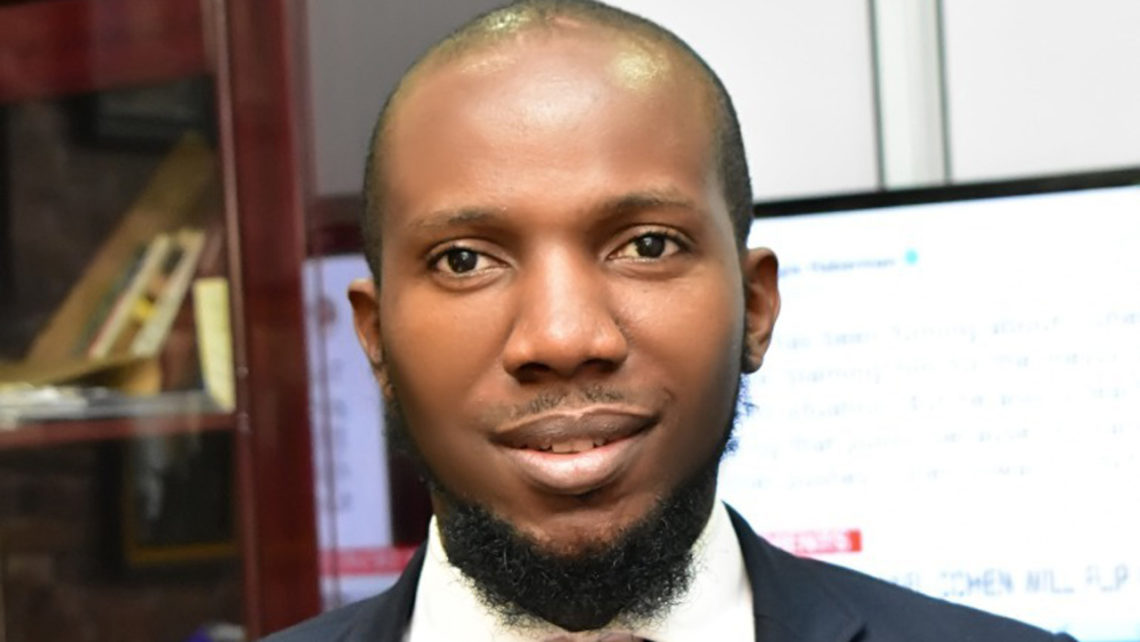It’s deceitful to say Samao agreement has no connection with LGBTQ –Lawyer
A legal practitioner, Inibehe Effiong, has said that it amounts to “intellectual duplicity” to say that the Samao Agreement has nothing to do with LGBTQ. Effiong stated this during an interview on Channels TV’s Politics Today on Friday. He said that article 15 of the agreement prohibits discrimination or violence based on gender, political orientation […]

Inibehe Effiong
A legal practitioner, Inibehe Effiong, has said that it amounts to “intellectual duplicity” to say that the Samao Agreement has nothing to do with LGBTQ.
Effiong stated this during an interview on Channels TV’s Politics Today on Friday.
He said that article 15 of the agreement prohibits discrimination or violence based on gender, political orientation and sexual orientation, which “indirectly includes LGBTQ.”
He said, “The starting point is to say that by virtue of Section 12 of the 1999 Constitution amended, no treaty between Nigeria and any other country should have the force of law except to the extent to which the treaty has been enacted into law by the National Assembly.
“Nigeria as a responsible member of the international community is expected to comply with the treaties of international conventions and agreements and so on to the extent that those agreements have coercive effects on Nigeria, in other words those agreements are expected to be enforceable.
“Regarding the Samao agreement, the Federal Government has come out to say in a dismissive tone that this has nothing to do with LGBTQ. I beg to differ to an extent that if you look at article 15 of that agreement, there is a very interesting language. It prohibits discrimination or violence based on gender, based on political orientation, based on sex orientation. Social orientation includes LGBTQ.
“I think it amounts to intellectual duplicity with proper respect to say that the Samao Agreement has nothing to do with LGBTQ. The argument should have been that having been a signatory to this argument will it supersede same sex marriage prohibition acts?”
